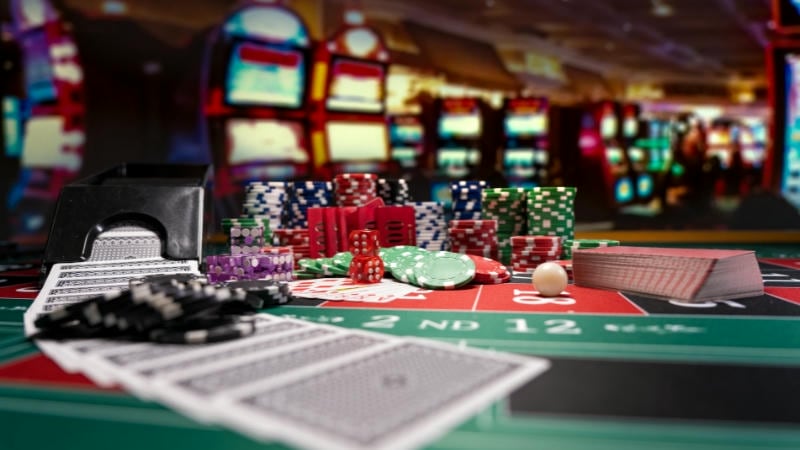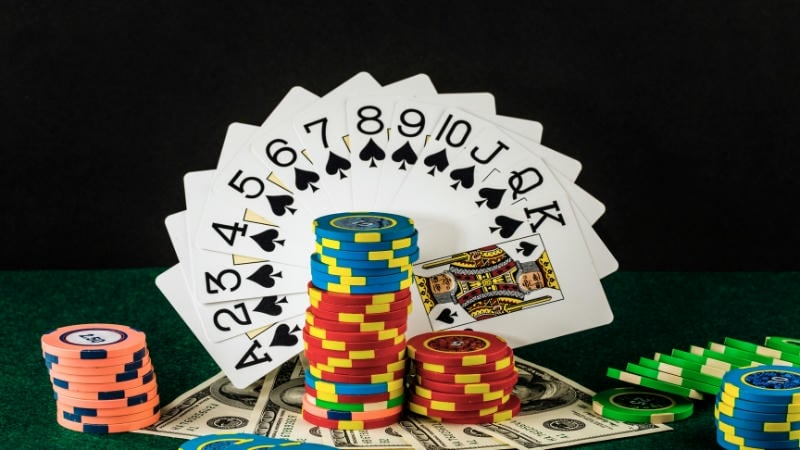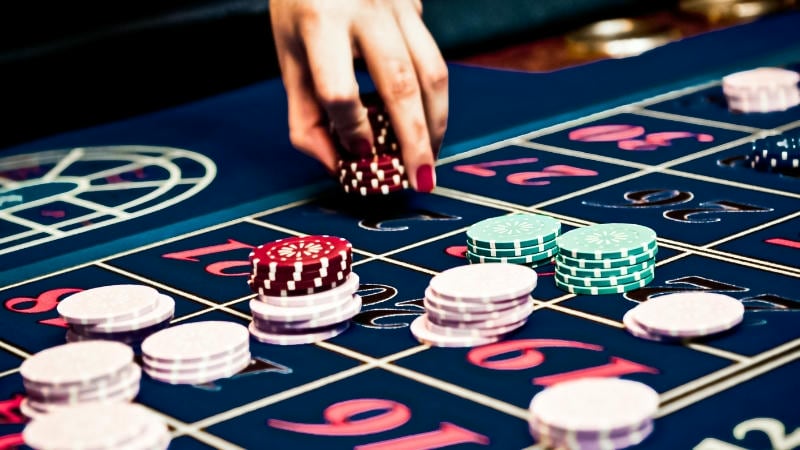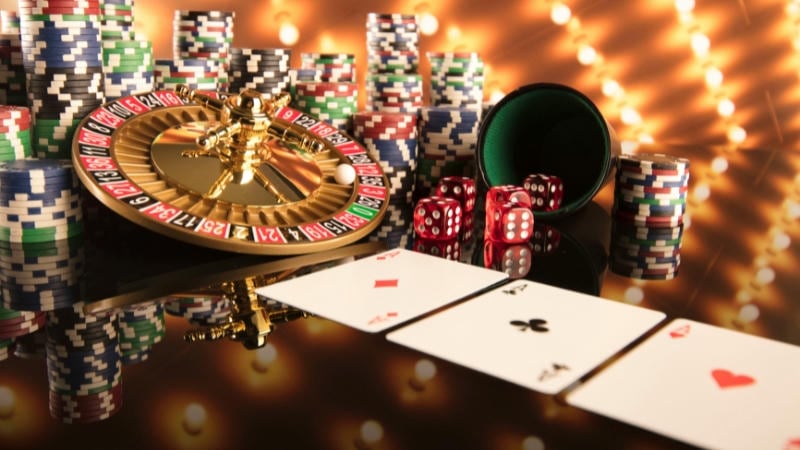At 91 Club, many players enter the game full of excitement, only to find themselves gradually losing control. The vibrant sounds, near wins, and constant stimuli are no accident—they’re rooted in casino psychology. Understanding these mental triggers is essential to maintaining self-control and making rational decisions while playing.
Casino Games Are Built on Psychological Triggers
Every casino game, from slot machines to poker, uses principles from the psychology of casino gaming to keep players hooked. A common technique is the variable reward system—a method proven to activate dopamine responses in the brain. The unpredictable nature of wins keeps people chasing that “one more” victory.
This isn’t random. According to the psychology of casino gaming, the sensation of almost winning (called the near-miss effect) lights up reward centers in the brain, just like a real win. It’s no wonder that people keep spinning the reels even when they’re clearly losing.

Another important factor in the psychology of casino gaming is the way losses are presented. Often, small wins or partial losses are celebrated with flashing lights and cheerful sounds, tricking the brain into feeling rewarded. Over time, this blurs the line between actual profit and net loss.
What makes this so effective is the constant sense of anticipation. Each play triggers a small psychological “investment,” and over time, players feel increasingly compelled to keep going, even when they know the odds are stacked against them. The longer someone plays, the more committed they feel—and that’s exactly what the designers of casino games intend.
Emotional Rollercoasters Blur Rational Thinking
One of the most dangerous elements of the psychology of casino gaming is its ability to override rational thought with emotion. After a win, players feel elated and confident. After a loss, they’re frustrated and determined to make it back. Either way, they’re likely to continue playing—even when they know they shouldn’t.
Research into the psychology of casino gaming shows that players experience emotional highs and lows similar to those in high-stakes sports or competitive gaming. However, in casinos, the stakes are financial, which makes the psychological toll far more serious.
It’s during these emotional moments that knowing when to stop playing games becomes critical. Unfortunately, the same psychological techniques that make games fun also make it hard to stop. Overconfidence, a well-known effect in the psychology of casino gaming, leads players to believe they can “beat the system,” especially after a few small wins.
Even more alarming, repeated cycles of emotional highs and lows can condition the brain to crave that emotional volatility, forming a pattern of dependency. This isn’t just about gambling anymore—it becomes a psychological loop, reinforced by every win, every loss, every “almost.”

Social Triggers and Design Encourage Risky Decisions
The psychology of casino gaming goes beyond individual emotions—it also plays on social pressure and game design. Online platforms like 91 Club use features such as leaderboards, live winners’ announcements, and multiplayer modes to create a sense of community and competition.
This taps into the social side of the psychology of casino gaming, where players are influenced by others’ actions and winnings. Seeing someone else hit the jackpot—or even appear to—can push others to risk more in hopes of achieving the same.
The game design itself also reinforces risky behavior. Through the lens of the psychology of casino gaming, everything from the absence of clocks to the never-ending gameplay is engineered to reduce a player’s awareness of time and money spent. Without clear stopping points, the momentum builds endlessly.
Gamification adds another layer to the psychology of casino gaming. Earning badges, reaching new levels, and unlocking in-game rewards create the illusion of progress, even if players are losing money. This feeling of advancement can be just as addictive as actual winning.
Add to that the psychological phenomenon of “commitment escalation”—the more time and money players invest, the harder it becomes to quit. This blend of personal pride and sunk cost traps many into continued play, all perfectly aligned with the psychological strategies behind casino design.
When to Stop Playing – Building Psychological Resilience
Understanding the psychology of casino gaming is the first step toward healthier gaming behavior. It allows players to recognize manipulation and regain control before things spiral. Setting boundaries—time, budget, emotional state—is essential.

If you ever feel uncertain, it’s a sign you should evaluate your choices. The moment you ask yourself when to stop playing games, that’s already a mental checkpoint. According to studies on the psychology of casino gaming, those who use self-imposed limits are less likely to experience loss-chasing behavior and emotional burnout.
One technique supported by the psychology of casino gaming literature is taking a cool-down break. Whether it’s 10 minutes or a full day, stepping away allows the logical part of your brain to catch up with the emotional rush.
And don’t overlook built-in tools. Many online casinos now offer features aligned with the ethical side of the psychology of casino gaming, such as playtime reminders, loss caps, and auto-locks after extended sessions. Use them as tools of empowerment, not restriction.
Ultimately, gaining awareness of the psychology of casino gaming isn’t about eliminating the fun—it’s about playing with purpose. Once you understand how these systems work, you’re better equipped to enjoy the experience without falling into the trap.
Playing at 91 Club can be thrilling, but staying in control requires awareness of the psychological traps that drive poor choices. By recognizing emotional influences and knowing when to walk away, you can enjoy the experience without falling into the cycle of loss. At 91 Club, smart play starts with a clear mind.

